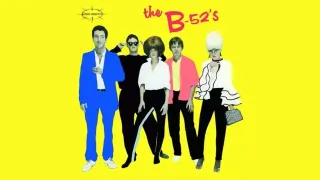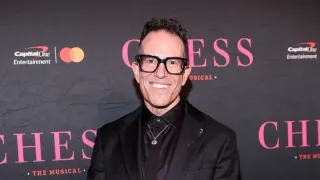March 19, 2024
Watch: Transgender 'American Idol' Contestant Amari Keys Is Headed to Hollywood
Emell Adolphus READ TIME: 1 MIN.
The girl with the jazzy voice is going to Hollywood! That's right, transgender "American Idol" contestant Amari Keys wowed the infamously tough judges enough to make it to the next round on the March 17 episode of the show.
As reported by CT Insider, Keys got the chance to tell her story in between performing her rendition of Britney Spears's "Toxic."
Slowing the hit song down, she even used her voice to trumpet a solo, which impressed the judges Katy Perry, Luke Bryan and Lionel Richie even more.
"It's the first year I've taken control of my own life," said Keys about coming out as transgender and pursuing her dreams. "I think there are a lot of people who can relate to my struggles and what I've been through. I just want them to know that they can do it. That's all."
Inspiring! And Perry called Keys "full of light."
Watch her performance below.






